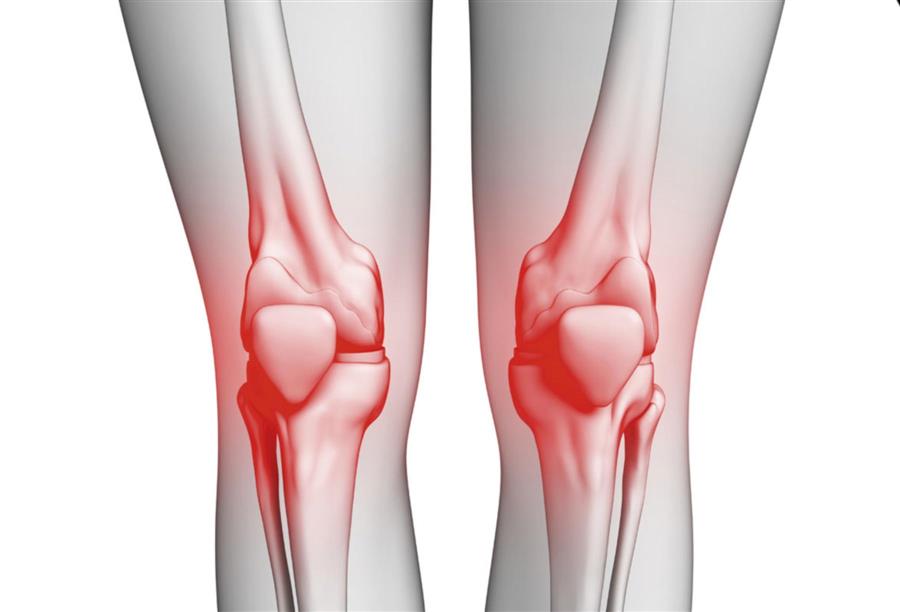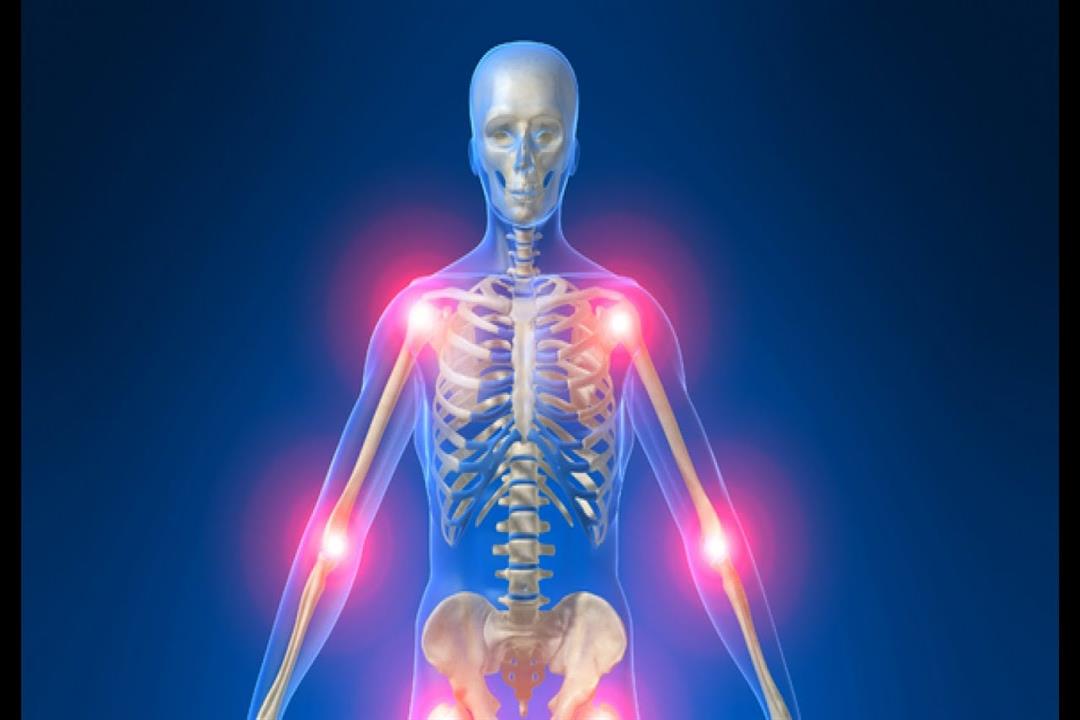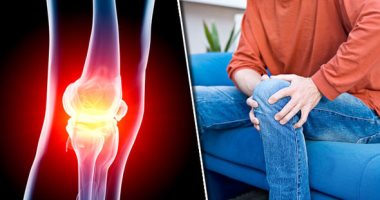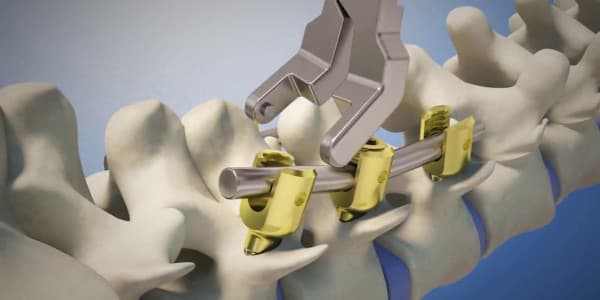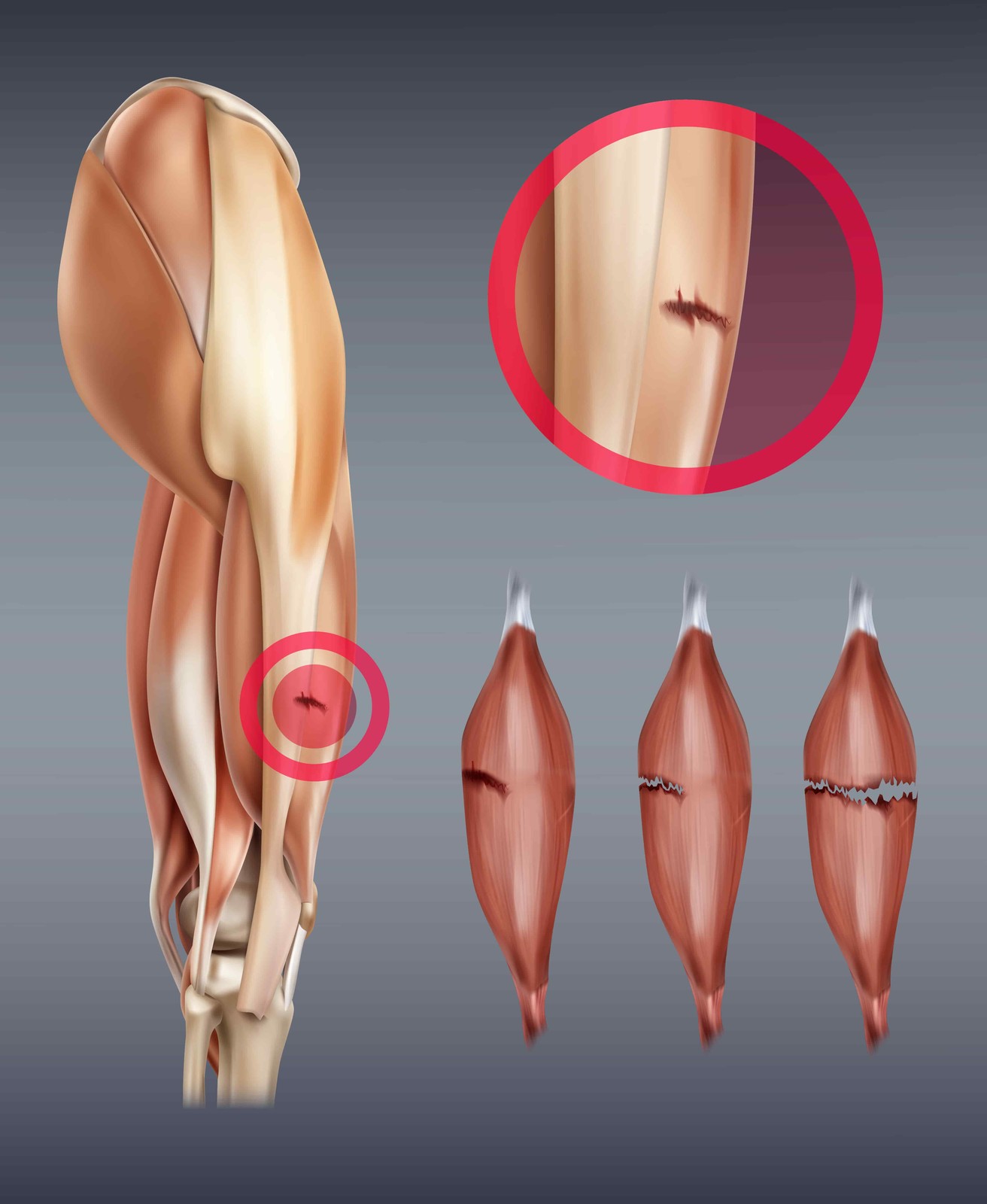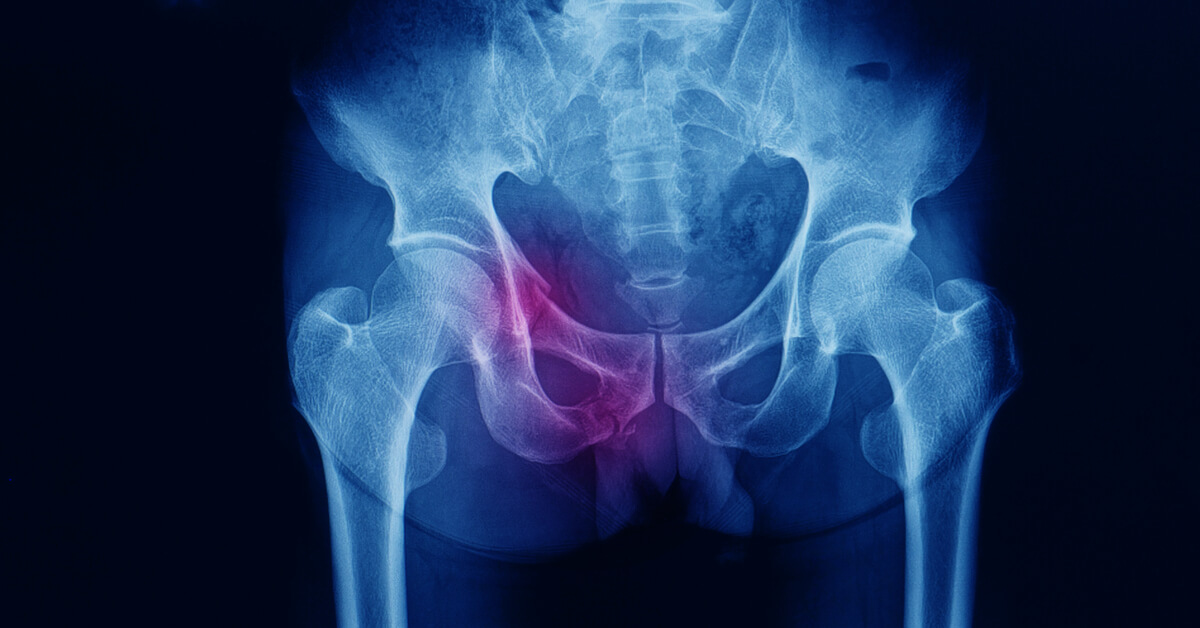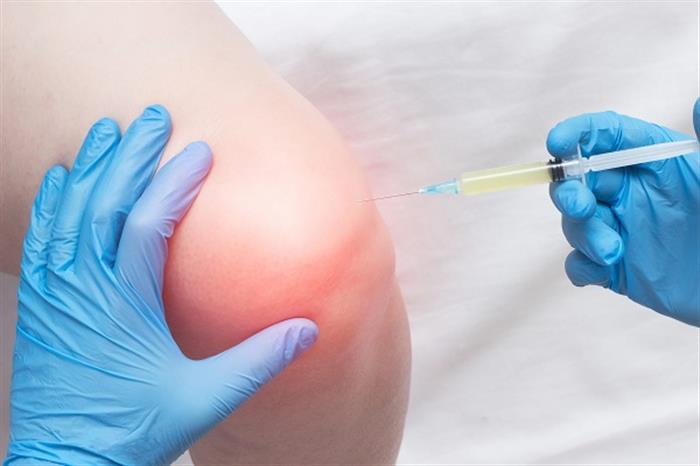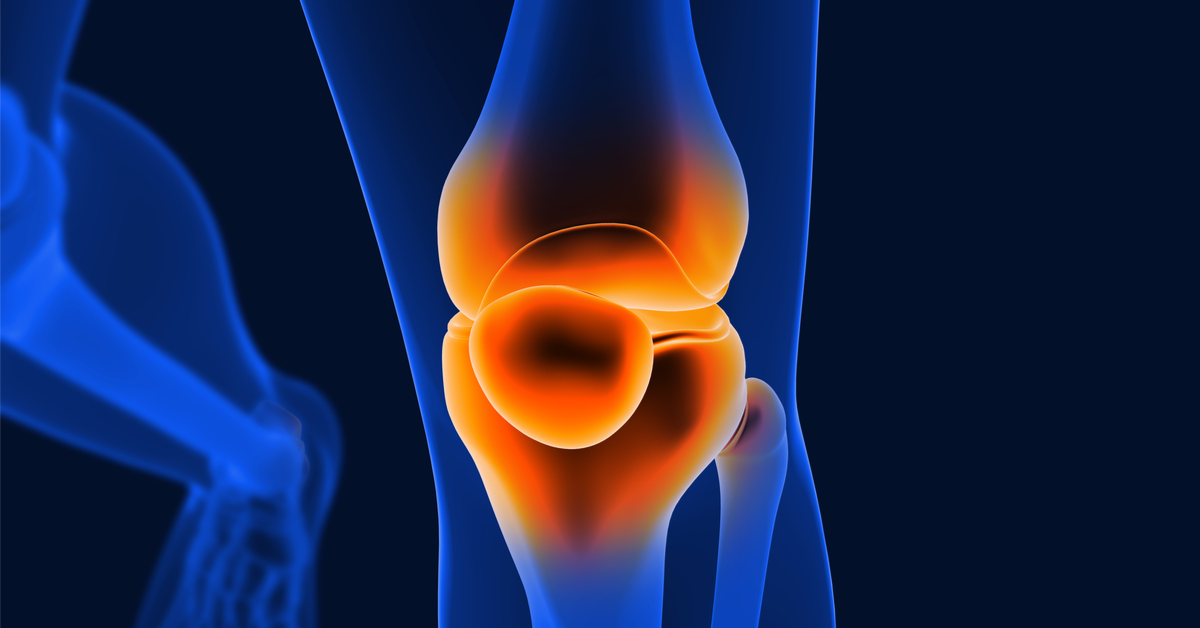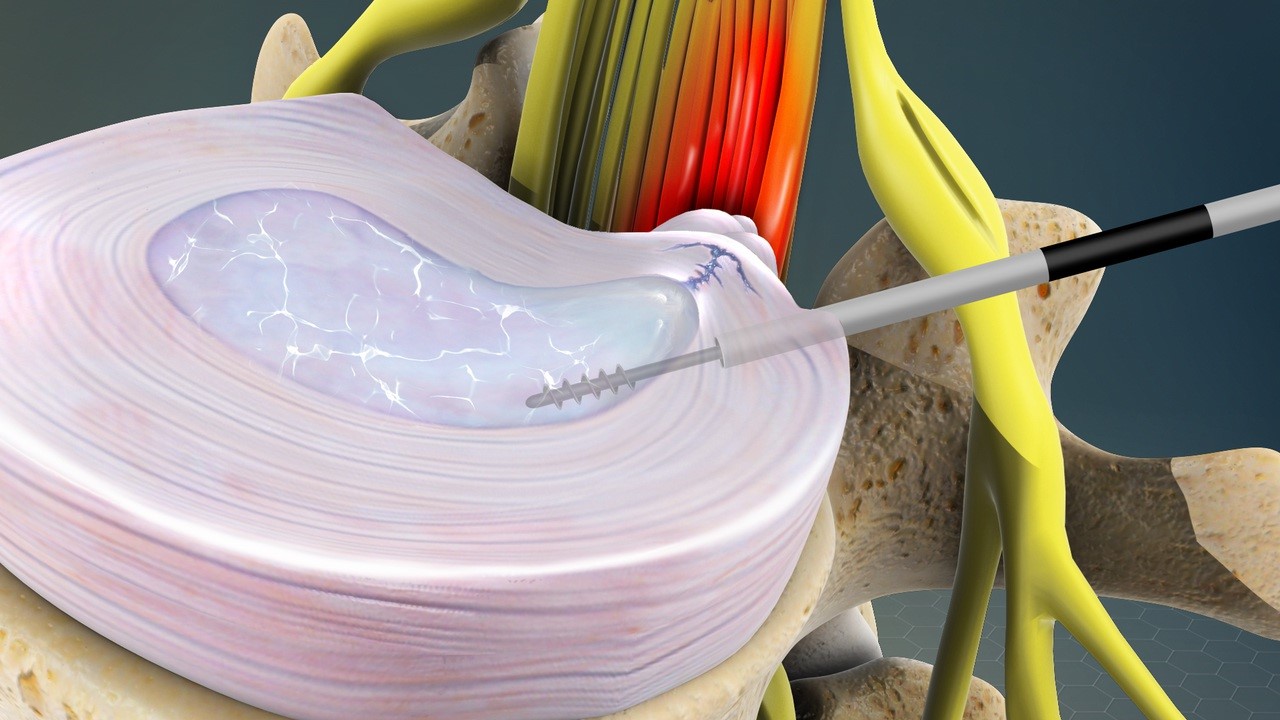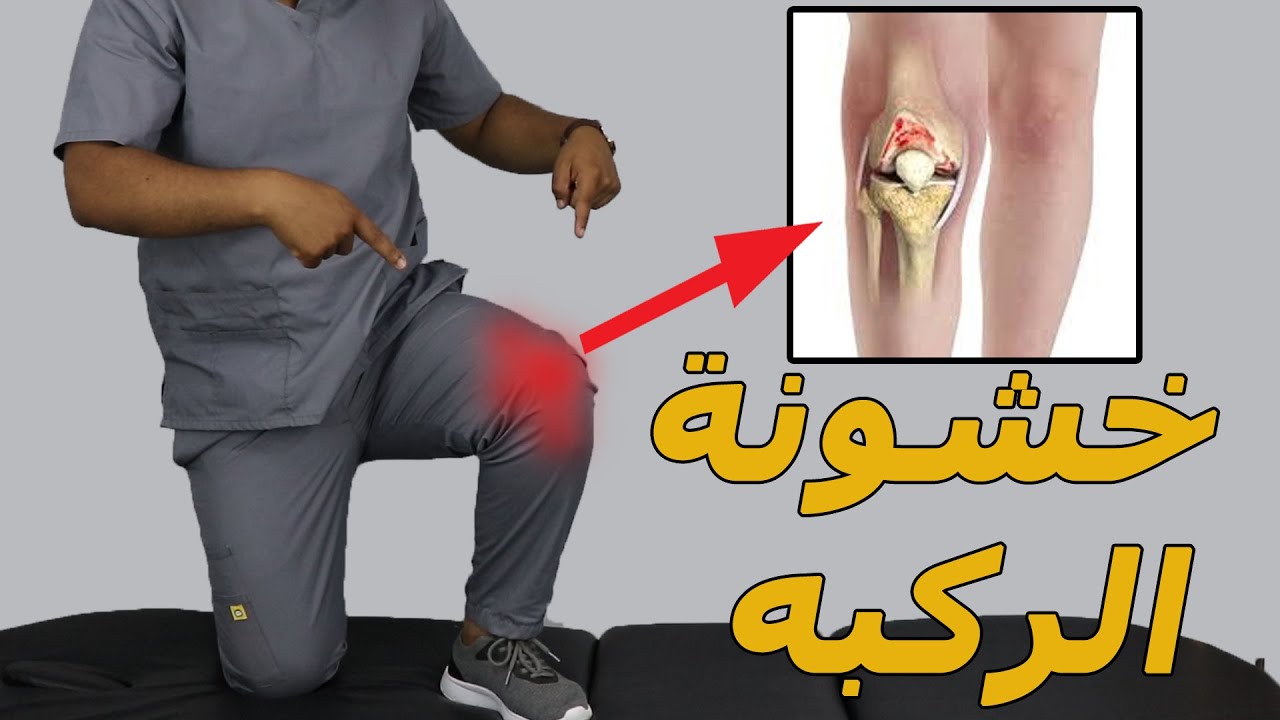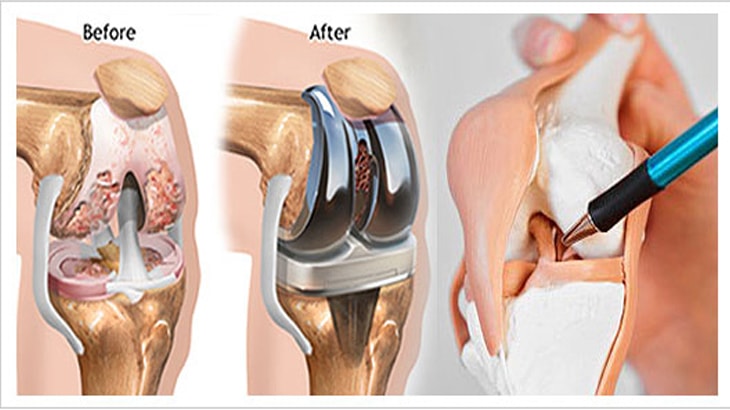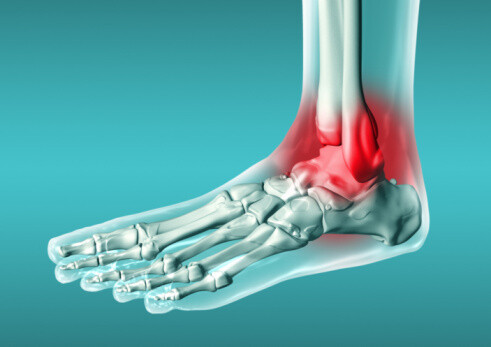The fastest treatment to raise vitamin D
Vitamin D has a great impact on the body and helps in performing various vital functions and works to build a strong body and healthy bones and carries many good benefits for blood vessels and the respiratory system, and in case of deficiency or deficiency it causes damage to the affected person, and we explain to you complete information about vitamin D and its lack of appropriate treatment methods in the following article.
Vitamin D
The body contains many vitamins that are of great importance and helps the body to perform more than one function, including the absorption of minerals and important nutrients, including calcium, iron, and phosphorus, and helps the body to resist diseases and maintain the function of the immune system.
Vitamin D is one of the important elements that play an essential role in building a healthy body and strong bones. Vitamin D helps the kidneys and liver function properly, and this vitamin also helps maintain the health of the heart and blood vessels.
The importance of vitamin D
Vitamin D is of great importance to the body and provides it with more than one benefit, and we explain to you the importance of vitamin D for the body in the following:
- Vitamin D helps the fetus’s body to be more resistant to diseases, including asthma and infections.
- The vitamin keeps the bones healthy because it increases the body’s ability to absorb calcium, which is primarily responsible for forming a strong bone structure.
- Vitamin D protects a person from heart and respiratory diseases.
- It also enhances the body’s resistance because it strengthens the immune system which maintains the body’s strength against bacterial infection.
- Vitamin D can protect a person from developing type 2 diabetes.
- Regular vitamin D levels in the body reduce the risk of developing cancerous tumors.
The percentage of vitamin D in the natural body
There is a lot of research carried out by many major medical institutions to find out the natural levels of vitamin D in the body, including the Institute of Medicine, the Endocrine Complex, and others. It was agreed that the percentage of vitamin D in the body starts from 30 to 60 nanograms/milliliter.
If the analyzes and examinations conducted by the patient indicated that the percentage of vitamin D in the body is less than 20 nanograms/milliliter or less, then the alarm bell begins to sound and indicates that there is a need to start treating vitamin D deficiency in the body.
Sources of Vitamin D
Nature has many sources of vitamin D that a person can benefit from, and here are some sources that contain a percentage of vitamin D:
- Sun rays.
- fatty fish.
- yolk.
- Whole grains.
- beef liver.
Effects of vitamin D deficiency
Vitamin D is of great importance to the body, works to increase the strength of bones and the heart, and also maintains the functioning of the digestive and immune systems in the body and the normal functioning of their functions, but there are serious damage to the body in the event of exposure to vitamin D deficiency that leads to various diseases.
Here are the complications of vitamin D deficiency in the body:
- Infection with colds and influenza.
- skin dryness.
- Bowel disorders.
- Feeling moody.
- Having memory problems.
- Heart disease.
- Feeling very tired.
Diagnosis of vitamin D deficiency
Some symptoms appear on a patient with vitamin D deficiency or deficiency, as we indicated in the previous paragraphs, and the deficiency can be diagnosed through a clinical examination carried out by the attending physician, and a blood test is also done to determine the level in the body specifically.
Treating vitamin D deficiency
There is more than one method of treatment that can contribute to raising the level of vitamin D in the blood, which works to increase the percentage of vitamin D in the body, and the person can feel an improvement after about 14 days of regular treatment.
Methods of treating vitamin D deficiency
- A person should start by organizing his diet so that it is rich in foods that contain vitamin D, such as fatty fish, nuts, soy milk, and cod liver oil.
- A person with vitamin D deficiency needs to add nutritional supplements to his day, as they help adjust the ratio better.
- Exposure to use sunlight for a sufficient period during the day, which helps in supplying the body with a part of vitamin D so that it reaches again to the normal ratio.
The fastest treatment to raise vitamin D
The speed of the body’s response to vitamin D treatment varies, which gradually increases the percentage in the body, can take days or weeks, and when the person begins the appropriate treatment for his condition, whether exercising, taking nutritional supplements, taking nutritional supplements, and adding nutrients rich in vitamin D to your diet.
Common questions about Vitamin D
Where is Vitamin D most found?
Many types of food contain vitamin D, including salmon, mackerel, cod liver, white mushrooms, chicken egg yolks, fortified dairy products, and other foods that must be included in your daily system.
Best juice for vitamin D deficiency
Several drinks increase the percentage of vitamin D in the body and help it reach other good elements and vitamins. At the top of the list of the best drinks that increase vitamin D in the body is orange juice, especially if it is consumed fresh.
When does vitamin D rise after treatment?
The body’s responses to the treatment of raising the level of vitamin D in the body vary, and many factors affect the speed of increasing the percentage, including the degree of vitamin D in the blood, but often the treatment of vitamin D deficiency can last between two to three months for the person to feel better.
What fruits and vegetables contain vitamin D?
Some people wondered about what fruits contain vitamin D. Also, what vegetables are rich in vitamin D? But there are not many fruits and vegetables that contain vitamin D as an essential component, and therefore other foods such as fatty fish and mushrooms can be used to provide the person with the required vitamin D.
How to raise the rate of vitamin D in a week?
The body needs a period to be able to recover from a specific disease such as vitamin D deficiency or deficiency, and it is necessary to follow an integrated medical system that contains nutritional supplements and certain types of food that are included in the person’s daily regimen while making sure to be exposed to sunlight daily or at least three times a week and to make sure to perform the appropriate exercise.
This process requires time for the body to start restoring the normal percentage of vitamin D in it and reduce the severity of the symptoms visible to the patient until it ends completely with reaching the appropriate level of the vitamin, and this matter may require several weeks.
Do dates contain vitamin D?
Dates do not contain vitamin D, but there is more than one vitamin and another important nutrient for the body, including vitamin B and many minerals, including potassium, magnesium, and iron. Dates carry a high nutritional value, antioxidants, and fibers that maintain blood sugar levels.

